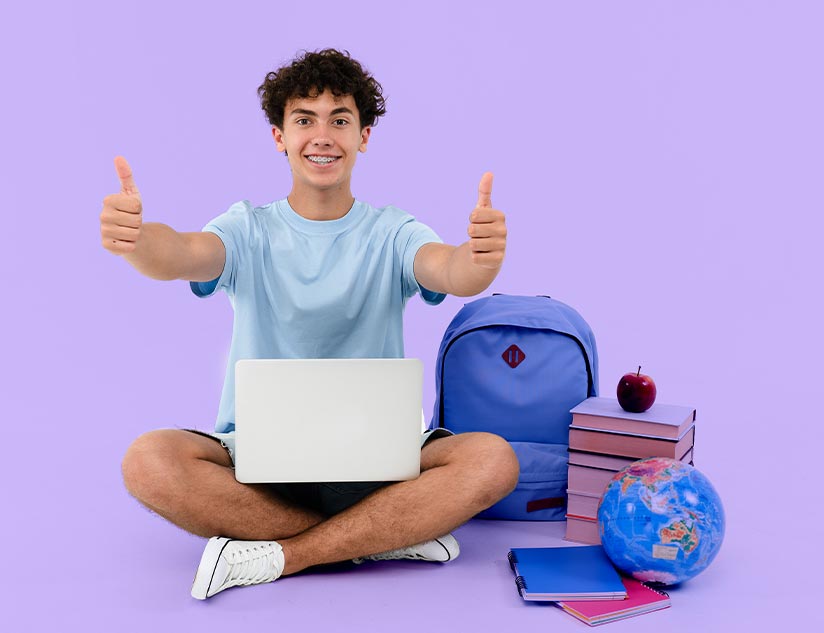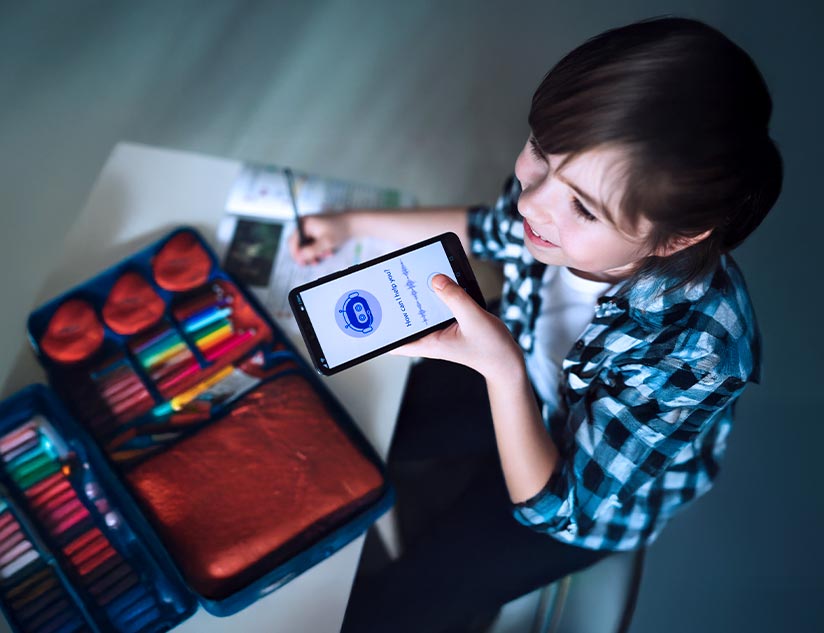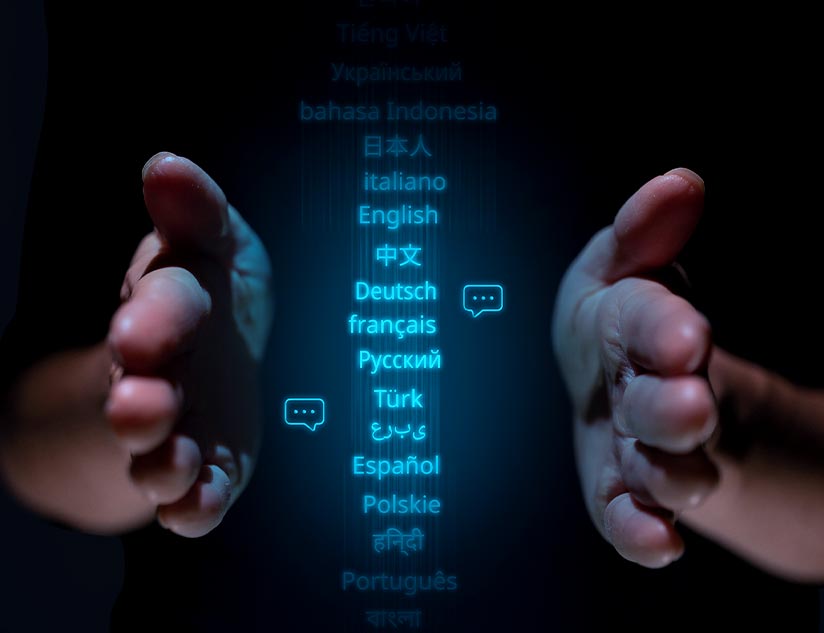The global education market is forecasted to grow at a CAGR of 14.2% from 2024 to 2033 to reach an estimated value of $549.6 billion. This expansion encompasses the growth of online courses, education platforms, digital learning tools, and the adoption of technologies, such as artificial intelligence (AI) and virtual reality (VR). While this presents a massive content distribution opportunity for educational publishers, it also poses certain challenges. The international education market is expanding rapidly and the online learning landscape is becoming increasingly complex. Dive into how multilingual educational content authoring and distribution platforms can be instrumental in helping publishers penetrate new markets.
Top Challenges Faced by Educational Publishers
The biggest challenge digital educational publishers face is developing content that fits diverse curricula. K-12 education is only loosely standardized across regions even within a single country. For instance, the US supports over 50 distinct systems. Each has its unique requirements for educator qualifications and their specific learner groups. Most states review and adopt course materials independently. This give rises to challenges such as:
- Aligning courses with the state’s curriculum and learning outcomes.
- Ensuring educational content compliance with the regulatory framework of each state.
- Offering culturally-conscious learning materials that foster deeper understanding and inclusivity while preventing incidents of content misalignment.
- Building trust and authenticity among newer audiences.
The key to adoption in any region is content localization. Ensuring compliance with learning, privacy, and interoperability standards is crucial to winning RFPs. Plus, the evaluators also assess the content for its cultural appropriateness and inclusivity.
How Digital Learning Platforms Support Global Reach
Digital learning solutions that empower content authors to create tailored content are a boon for publishers. Integrated state-of-the-art content authoring platforms allow content creators to develop modular instruction materials, which can be assigned to students as per the curriculum. These tools automate content assessment to ensure that it addresses regional and age-specific requirements.
Linguistic localization is more than just translation; it involves converting all types of resources, including images, audio-visuals, gamified modules, and even interfaces. The learning platform must address the audience’s needs and meet compliance requirements to offer intuitive experiences. For instance, the attire of people in the visuals should resemble those the target audience can connect to. Similarly, the modes of transportation depicted must also seem natural to them. Smart multilingual educational platforms take over the translation of learning resources and ensure cultural appropriateness. This expedites material localization and reduces time-to-market with seamless educational content distribution facilities via API-based integrations across diverse digital learning solutions.
Cultural appropriateness is critical, especially for the K-5 levels. It helps offer more conducive, relevant, and relatable experiences that promote deeper understanding and retention. Simultaneously, cultural inclusiveness in middle and high school fosters empathy and acceptance to promote tolerance and mutual respect among students. Using digital learning solutions to improve cultural awareness can provide a competitive advantage to educational publishers.
The most important aspect of leveraging advanced educational content authoring and distribution for educational institutions is a powerful compliance management platform. Against a rapidly evolving regulatory backdrop, compliance with privacy (GDPR, FERPA, COPPA), interoperably (LTI, TinCan, QTI), and accessibility (WCAG, UDL) standards in every region is paramount for adoptions. Advanced educational content authoring and distribution platforms automate compliance and validation of the educational content to reduce manual workload and instill uniformity across learning materials.
Ensuring Local Impact
Educational publishers must offer diverse and differentiated materials for all types of learners, including K-12, higher education, vocational, remote, life-long, etc. While entering diverse markets is essential, educational publishers need mechanisms to quantify the impact. In addition, meeting the personalization and accessibility needs of learners is crucial. Digital learning solutions equipped with adaptive technologies, such as text-to-speech, and continued education features, such as offline eReaders, enable educational publishers to offer anytime-anywhere learning for all.
Another key benefit of leveraging cutting-edge educational publishing and content distribution platforms is that they are embedded with analytics. Before entering the markets, using industry standards allows digital learning material publishers to adequately tailor resources and platform interfaces to the preferences of local users. These also offer insights into individual learning progress, content engagement levels, and overall learning outcome attainment. Educational publishers can employ these tools to incrementally refine their content and maintain a competitive advantage in the digital learning market.
MagicBox™: Enabling Global Distribution with Content Localization
Learning content localization involves more than just translation. It requires a deep understanding of the culture, values, and expectations of the target audience. Distributing educational content that reflects learners’ cultural perspectives, and authentic language use enhances understanding and engagement. Educators must adopt culturally responsive teaching practices along with content localization via a digital learning solution to position themselves as leaders in the increasingly interconnected educational ecosystem.
MagicBox™’s comprehensive educational platform enables publishers and educational organizations to localize their offerings to the target market. MagicBox helps organizations to expand to international markets with its Compliance Management Platform adapting to state regulations and standards. Speak to the MagicBox™ experts to learn how seamless content localization can drive global expansion for your digital educational publishing and content distribution ventures.
















